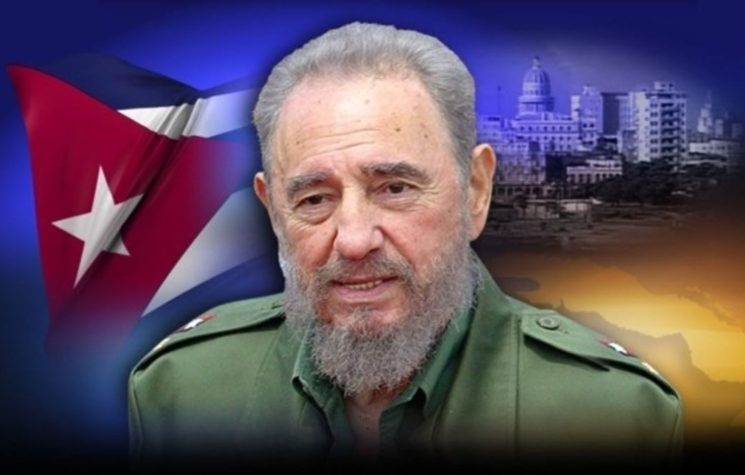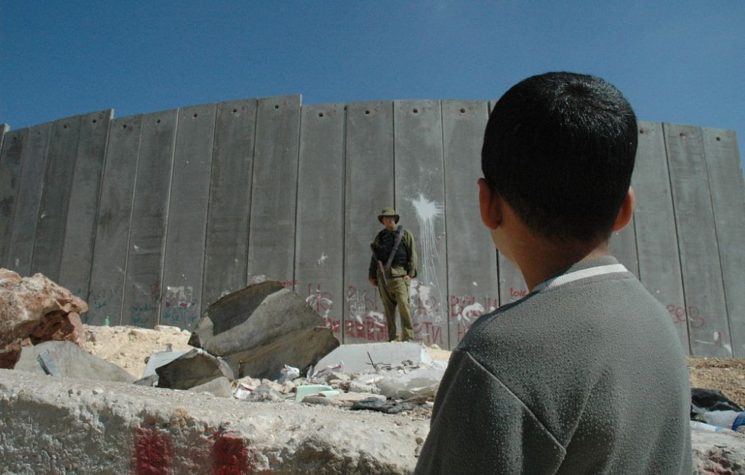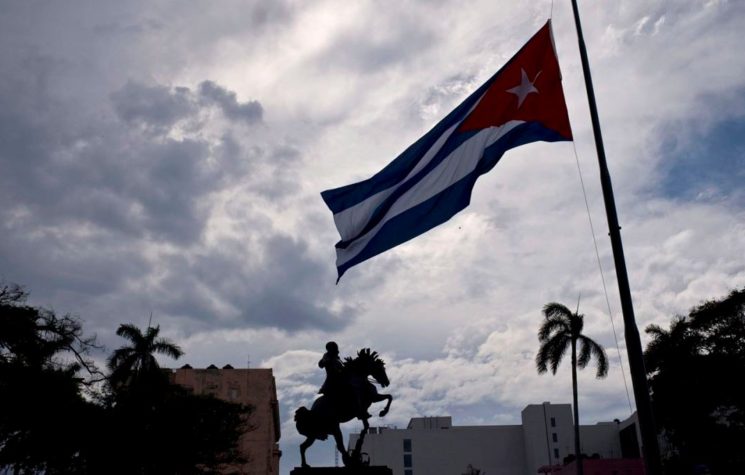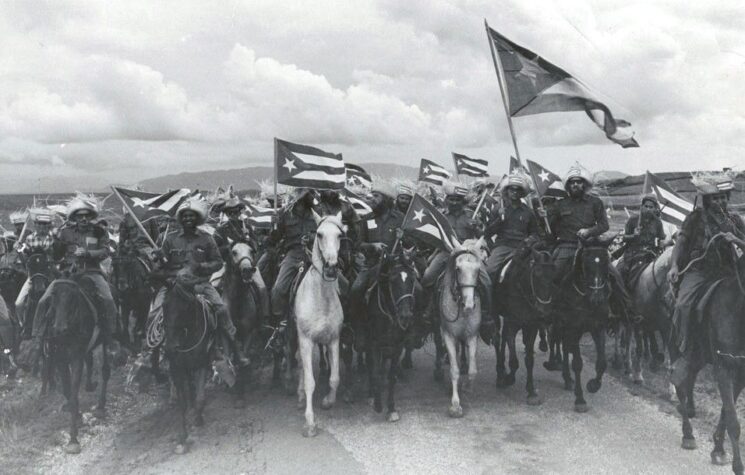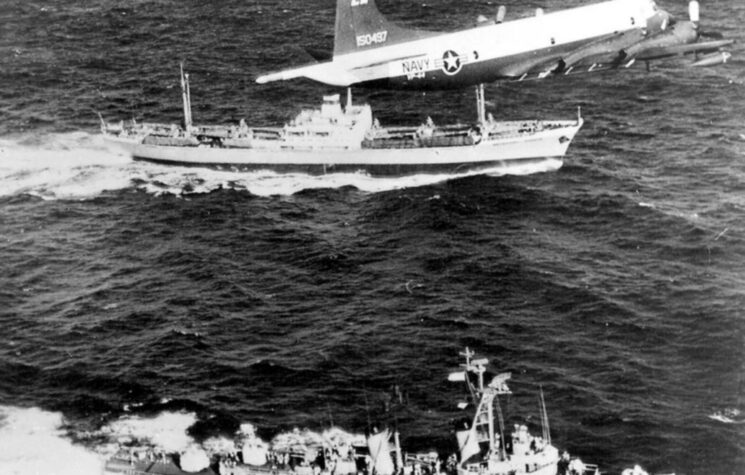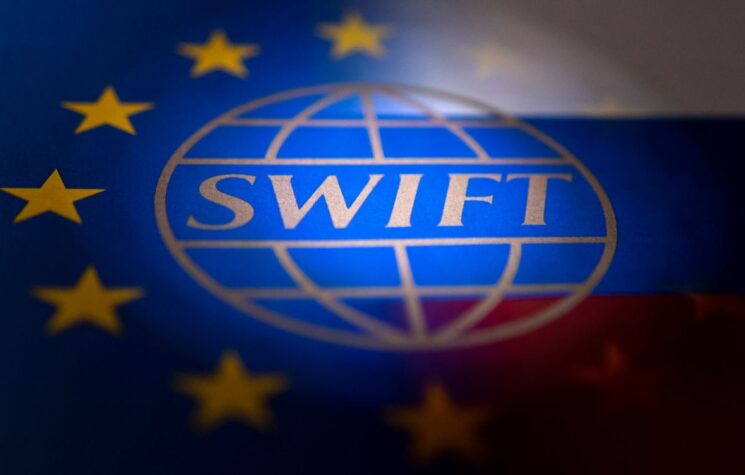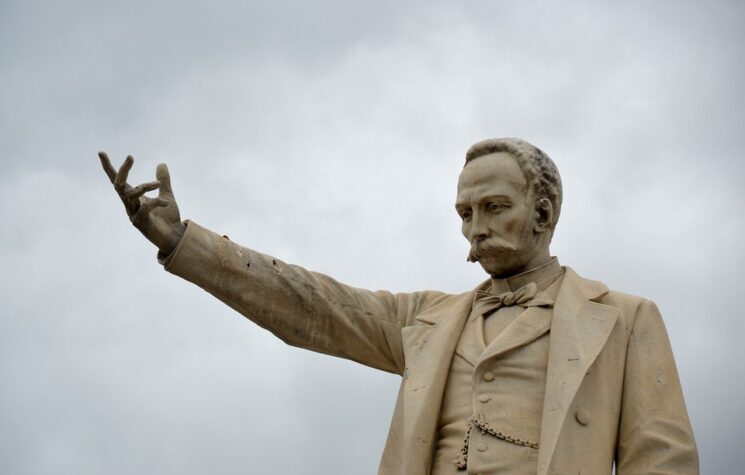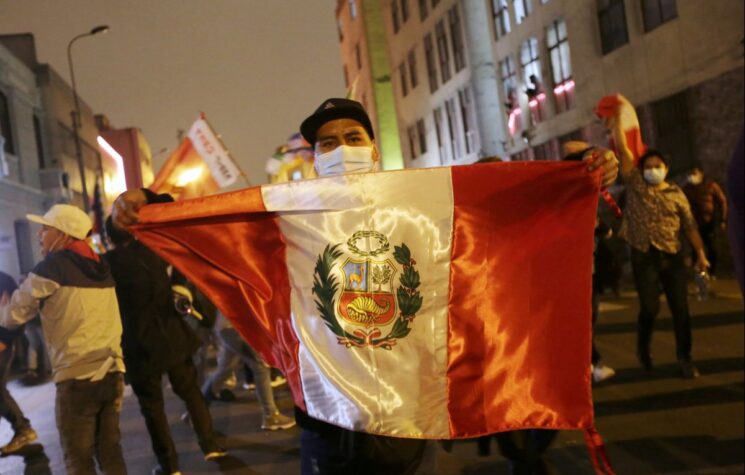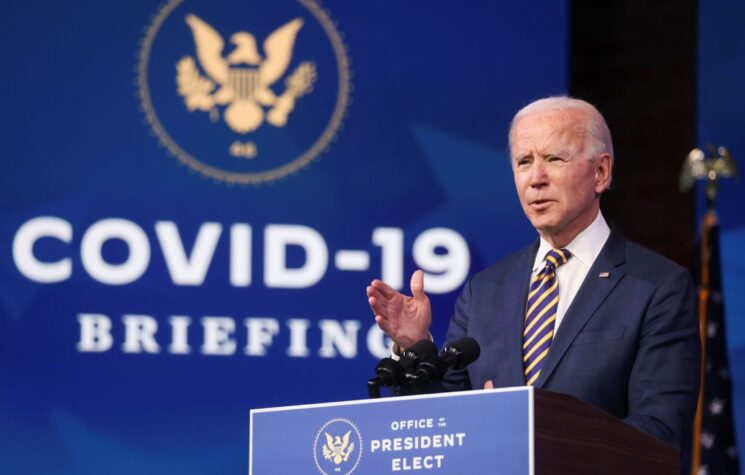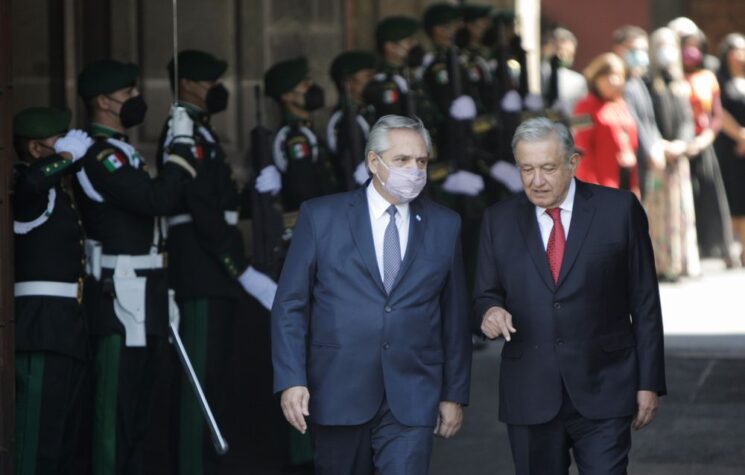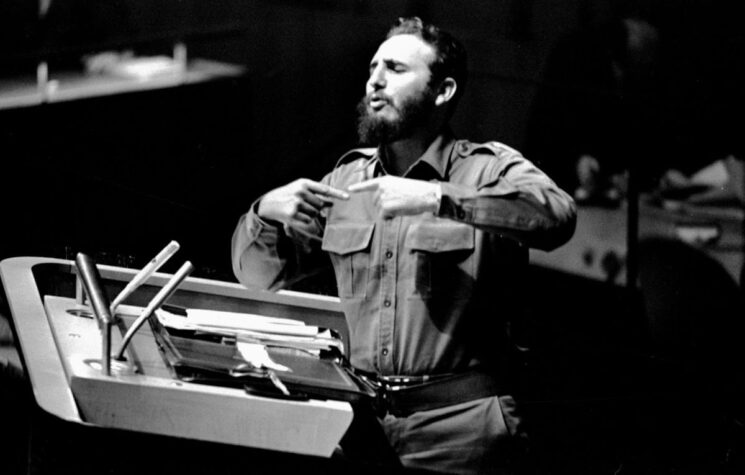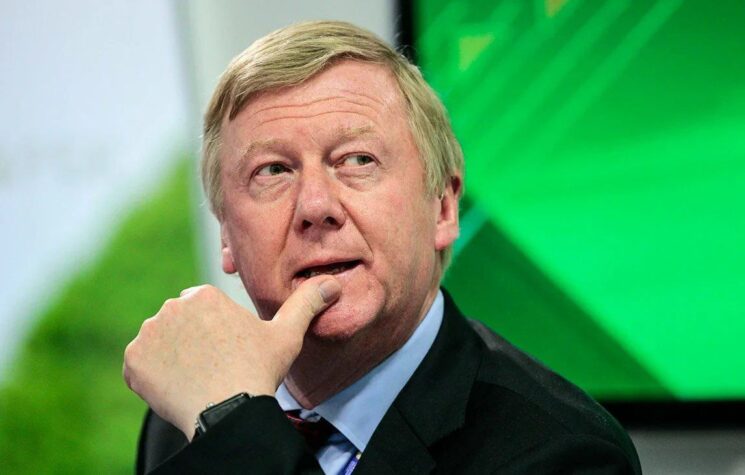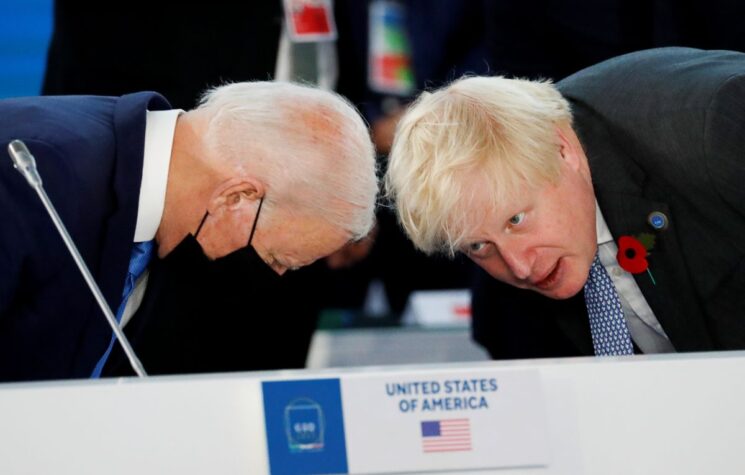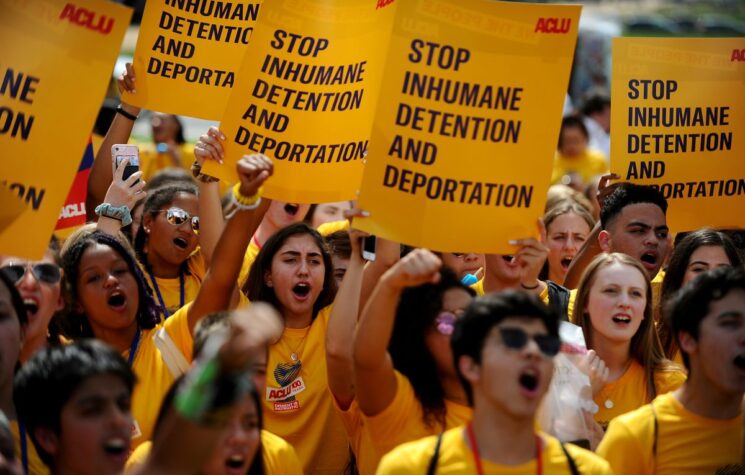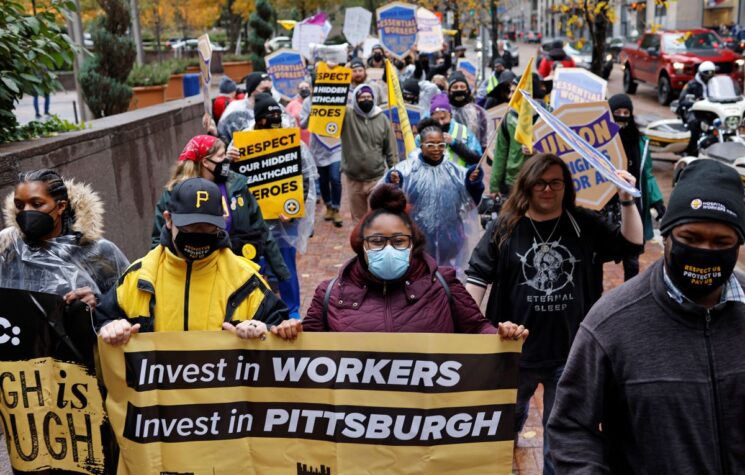Three years since Cuban revolutionary leader Fidel Castro died at age 90 of natural causes, the Cuban Revolution has withstood ongoing destabilisation efforts to turn the island once again into an imperialist playground. Indeed, as Latin American countries grapple with the ramifications of historical and current US intervention, Cuba has steadfastly held on to the principles which Fidel imparted to the Cuban people throughout the revolutionary process. The participatory aspect of memory in Cuba has been sustained through Fidel’s emphasis on education as an integral component of the revolution.
The US might have harboured the intention that Fidel’s departure would facilitate the process for a counter-revolutionary period in Cuba and the fall of the ideals that have transformed Cuban politics and society. However, the Cuban Revolution was always bigger than Fidel. It encompassed the link between leadership and the people, built upon the historical foundations which Fidel himself articulated. Defining revolution, for Fidel, was an endorsement and affirmation of Jose Martí as the “intellectual author of the Cuban Revolution”. What Fidel achieved was a continuation which now lies in the hands of generations of Cubans who are well versed in the importance of unifying education with revolution.
This is why, despite the attempts to sabotage the Cuban Revolution, the US blockade on Cuba and its transgressions against the island – a recent USAID conspiracy involved the tarnishing of the Cuban medical contingents – have not succeeded in changing the island’s course. Indeed, as Chile and Bolivia grapple with the ramifications of neoliberalism and a military coup respectively, Cuba remains a standing bastion in the region, just as much as it did when Fidel was alive and deemed the main obstacle to US plans for the island.
The Cuban resolve to remain independent and free of colonialism necessitated a radical change – namely prioritising education within the construction of revolutionary goals. Even prior to the triumph of the revolution, Fidel exhibited awareness of implementing the continuity. As can be gleaned from the Manifesto of the Sierra Maestra (1957), as well as the First and Second Declarations of Havana (1960, 1962), Fidel’s concept of education is inclusive of Cuban independence from imperial motives in Latin America. The Manifesto declared ‘an immediate initiation of an intensive campaign against illiteracy, and civic education emphasising the duties and rights of each citizen to his society and fatherland’. Furthermore, in condemning ‘the exploitation of man by man and the exploitation of underdeveloped countries by imperialistic finance capital,’ an awareness of rights in association with education was asserted – a statement reminiscent of Fidel’s early memories concerning the link between illiteracy and exploitation. Prior to its triumph, the revolution considered education as the vehicle through which Cubans could fight for economic, social and political rights. Therefore, education as a right and duty affirmed the Cuban Revolution’s stand against imperial exploitation of people and natural resources.
Revolutionary education contrasted with the colonial and military functions of the Batista regime. Several speeches of Fidel attest to this fact. Using a metaphor of armies during a 1961 address in Havana which recapitulated the revolution’s achievements in education and a goal to eradicate illiteracy in just one year, Fidel invoked the differences between Cuba’s ‘army of educators’ and the army of ‘exploiters’. Furthermore, Fidel declared: “The resentment of imperialism is so profound, its hatred of our revolution so great, that the imperialists refuse to resign themselves.” Eradicating illiteracy was perceived as a fundamental battle against imperial and counter-revolutionary actions against Cuba, also allowing Cubans to become active participants against imperial intervention. Throughout the revolutionary phases, there is ample evidence that Cuba not only consolidated its anti-imperialist values at a national level, but also, through Fidel, managed to impart internationalism based upon education and revolutionary consciousness.
Education, therefore, has contributed to the empowerment and organisation of Cuban society. This dynamic has contributed to awareness, and termination of, the relationship between subjugation and exploitation, while striving to complete an evolution of humanity within the context of socialist revolution.
The US, which only understands the language of coercion and intervention, will not comprehend the insoluble bond not only between Fidel and the people, but also between the people and the revolution. This unity has enabled Cubans to stand principled in defence of the revolution, while also providing an internationalist example for the rest of the world to emulate.








